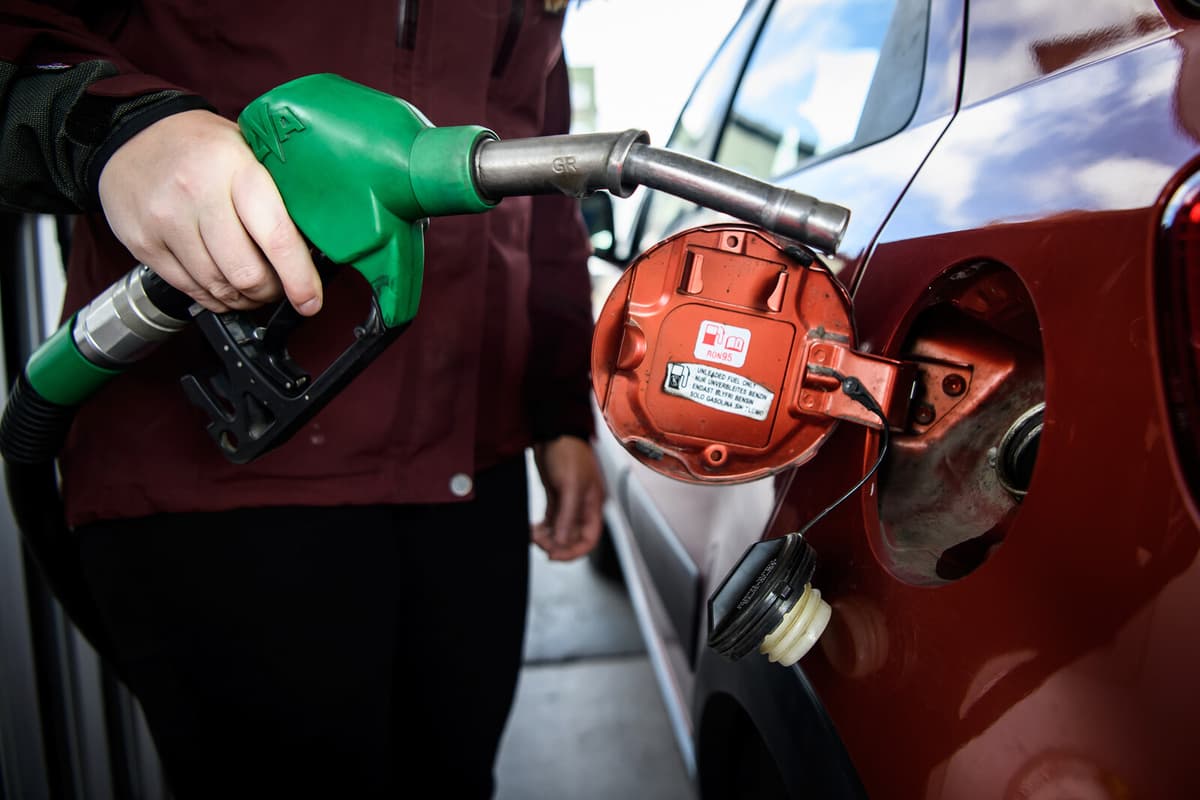Despite the conflict escalating between Israel and Iran over the weekend, the oil price remained stable on Monday after rising by over ten percent last week.
I think it has to do with the fact that very little infrastructure and production units have been affected. Two gas processing units and two fuel storage facilities have been destroyed. Israel has focused on targeting Iran's nuclear facilities and not oil and gas, says Thina Saltvedt.
The Strait is a key
Several of the world's largest oil exporters, such as Saudi Arabia, Iraq, and Kuwait, transport their oil through the Persian Gulf and the narrow Strait of Hormuz. The idea that Iran could block the strait, or that something would happen to oil production in the Persian Gulf, led the market to want to pay $73 for a barrel of crude oil on Friday instead of $65 per barrel the week before.
The world's largest oil exporters, apart from those in the Persian Gulf, also do not have the capacity to cover up if a blockade were to occur.
The only country that has that type of storage is Saudi Arabia, which would also be partially affected, says Thina Saltvedt.
Prices do not correlate exactly
It's not always the case that when the oil price goes up, gasoline becomes equally more expensive.
It's not a one-to-one comparison. Oil is traded in dollars, so how the krona develops against the dollar also plays a role. Then taxes and fees account for a large part of the price you pay at the pump in Sweden, says Thina Saltvedt.






